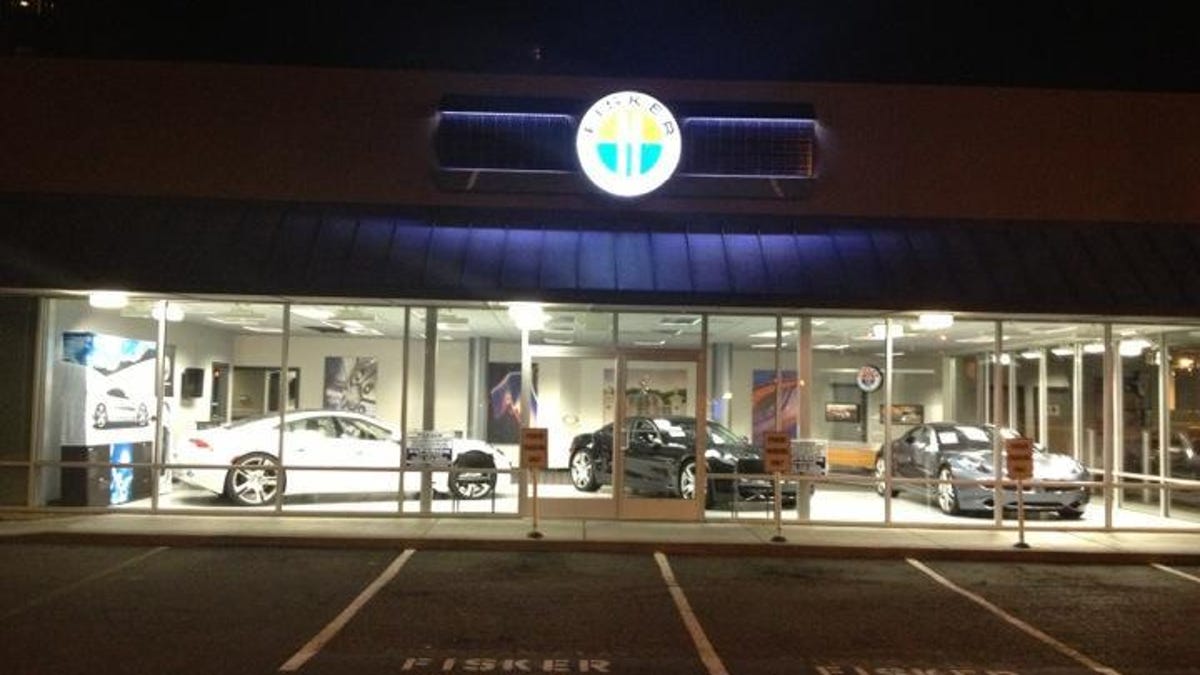Many car dealers don't want to sell electric cars: Here's why
Dealers steer customers away from electric car purchases.

The stories abound: A car buyer walks into a dealership, educated about the electric car she wants to buy...and the salesperson tries to convince her she doesn't want that car after all.
She really wants a gasoline car, he argues.
Hundreds of cases have been reported of customers walking into a Nissan or Chevy dealer to buy a Leaf or Volt, then being aggressively steered toward a Sentra or Cruze.
Doom, danger, dire predictions
A buyer will run out of charge and be left stranded at the side of the road, he hears, or that very expensive battery will have to be replaced in five years.
Then the electric demo car hasn't been recharged, so its electric range is minimal on the test drive. And so forth.
A recent discussion in a Facebook group prompted us to write, once more, about how car dealers work--and what motivates them to sell specific vehicles.
The salient point is that it takes much longer to sell a plug-in electric car, today, than it does a gasoline or diesel vehicle.
Maximizing profit
And dealers maximize their profits by exploiting the difference in information about complex financial transactions between buyers who do it once every five or six years, on average, and salespeople who sell multiple cars a day.
As we wrote two months ago in another article on dealers:
Every salesperson's mission is to close the deal, today, at maximum profit with minimum time invested. Selling a plug-in car takes three to five times as long for a dealer as does selling a gasoline car.
It requires explanation, education, training, all of the fuss and bother associated with installing a charging station in the garage if the buyer wants one, and so on.
And, today's electric-car shoppers often know as much or more about their desired plug-in model as the salesperson does. To get their questions answered, several other people may have to be brought into the process. And that takes time.
Time, complexity
To make plug-ins equally attractive for dealership salespeople to sell, they would have to be three to five times as profitable per vehicle to sell -- to offset the extra time required.
They're not.
Add to that customers with complex questions about things like off-peak charging and the need to coordinate inspection and installation of a charging station.
Those and other issues -- none of which apply to gasoline cars -- provide the very obvious reasons why most salespeople will default to the easier sell: a gasoline car.
All salespeople are motivated by compensation. But as far as we know, not a single automaker has structured that compensation to make it equally worthwhile to sell plug-in cars.
The few dealerships that move high volumes of electric cars -- we know of at least two in California -- have single-purpose salespeople who specialize in nothing but plug-ins. Not every dealer will have enough plug-in buyers to justify that.
Dealers agnostic
Returning to quote our earlier article one more time:
Aside from a few with strong political beliefs, most car dealers don't care one way or the other about plug-in electric cars.
They care about moving the most cars in the least time at the highest profit with the least hassle.
So until selling a plug-in electric car is as quick and easy as selling any other vehicle that nets the dealer the same profit, many dealers will avoid them, for very logical and understandable reasons.
That means that the appropriate question should be directed to makers of electric cars: What are you doing to make selling electric cars as profitable and painless for your dealers as selling gasoline or diesel vehicles?

